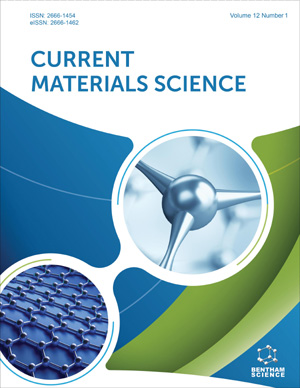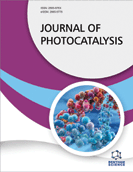Abstract
Background: The widespread uses of nanomaterials for healthcare and biomedical applications, such as their anti-cancer activity, anti-oxidant activity and antimicrobial activity, have been avidly studied in recent decades. Owing to the cytotoxicity and harmful by-product generation associated with chemical reagents, plant and microbial-based approaches have been preferred for synthesis purposes.
Results: These synthesized nanoparticles possess characteristic properties attributed to their nanosize compared to their macroscopic counterparts. Furthermore, the functionalization of nanomaterials via chemical, physical and biofunctionalization techniques improves the intrinsic, tactile, and associated properties of materials and devices. The functionalized nanomaterials have been explored for the improved colloidal stability, development of smart nanocapsules, DNA-nanoparticles conjugates, protein-nanoparticles conjugates and nano-antibiotics.
Conclusion: In this review, the synthesis of biogenic nanoparticles, their properties and applications are explored, and their surface modification and implications towards improved properties are emphasized.
Keywords: Biogenic nanoparticles, plant and microbial-based reducing agents, surface functionalization, biofunctionalization, healthcare, biomedical applications.
Graphical Abstract
























